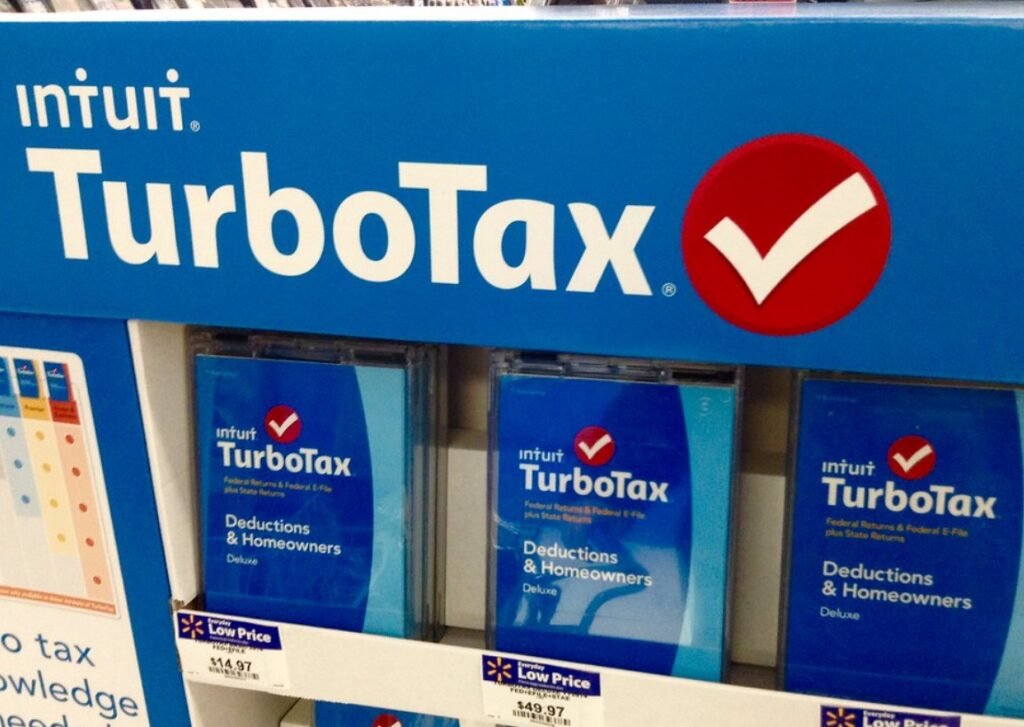The Federal Trade Commission (FTC) has issued a final order against Intuit Inc., the maker of the popular TurboTax tax filing software, for engaging in deceptive advertising practices that lured millions of consumers into paying for tax preparation services that they could have obtained for free.
The FTC’s order, released on Monday, was based on a 93-page opinion that harshly criticized Intuit for its widespread and willful deceptive ad campaign that promised “free” tax filing to consumers, regardless of their eligibility. The FTC found that Intuit violated Section 5 of the FTC Act, which prohibits unfair or deceptive acts or practices in commerce.
According to the FTC, Intuit’s ads for its “free” products and services were misleading and false, as most tax filers could not use them due to various restrictions and limitations. For example, Intuit’s “free” service was not available to millions of taxpayers who received a 1099 form for work in the gig economy, or those who earned farm income. In 2020, approximately two-thirds of tax filers could not use TurboTax’s free product.

The FTC also accused Intuit of using various tactics to steer consumers away from its free service and into its paid products, such as hiding the link to its free service on its website, obscuring the eligibility criteria for its free service, and using confusing and contradictory language to describe its products and services.
FTC Orders Intuit to Stop Its Deceptive Ads and Take Specific Steps to Fix Its Practices
The FTC’s order bans Intuit from advertising “free” services unless all filers can use the free software or the company clearly and conspicuously discloses the eligibility requirements. The order also requires Intuit to:
- Clearly and prominently disclose on its website and in its ads that its free service is part of the IRS Free File Program, which is a government-sponsored program that allows eligible taxpayers to file their federal and state tax returns for free.
- Provide a link to the IRS Free File Program landing page on its website and in its ads, and allow consumers to access the landing page without having to create an account or provide any personal information.
- Refrain from making any false or misleading claims about the availability, benefits, or features of its free service or any other products or services.
- Refrain from engaging in any conduct that interferes with consumers’ ability to access, use, or complete the IRS Free File Program.
- Submit periodic compliance reports to the FTC and cooperate with any FTC investigations or inquiries.
The FTC’s order is effective immediately and will remain in force for 20 years. Any violation of the order may result in civil penalties of up to $43,792 per violation.
FTC’s Action Comes After Years of Investigation and Litigation
The FTC’s action against Intuit comes after years of investigation and litigation, which were prompted by a series of ProPublica stories that exposed Intuit’s deceptive ad tactics and its efforts to undermine the IRS Free File Program. ProPublica revealed how Intuit and other tax prep companies generated $1 billion in revenue from customers who should have been able to file for free, according to one analysis.
The FTC launched its investigation in 2020 and filed an administrative complaint against Intuit in 2022, seeking an immediate halt to its deceptive ads. Intuit challenged the FTC’s authority and argued that its ads were truthful and not misleading. The case was heard by the FTC’s Chief Administrative Law Judge (ALJ), who issued an initial decision in favor of the FTC in September 2023. Intuit appealed the ALJ’s decision to the full FTC, which upheld the ALJ’s decision and issued the final order on Monday.
The FTC’s action is not the only legal trouble that Intuit faces. The company is also facing a class-action lawsuit filed by consumers who claim they were duped into paying for tax preparation services that they could have gotten for free. The lawsuit, which is pending in a federal court in California, seeks damages and injunctive relief for the plaintiffs.
Samuel Levine, the director of the FTC’s Bureau of Consumer Protection, said in a statement that the FTC’s order was intended to send a message to all companies that “free” means free, not “free for a few” or “free for some”. He also warned that businesses can expect an FTC enforcement action if they harness the power of “free” in the dishonest way Intuit did.
